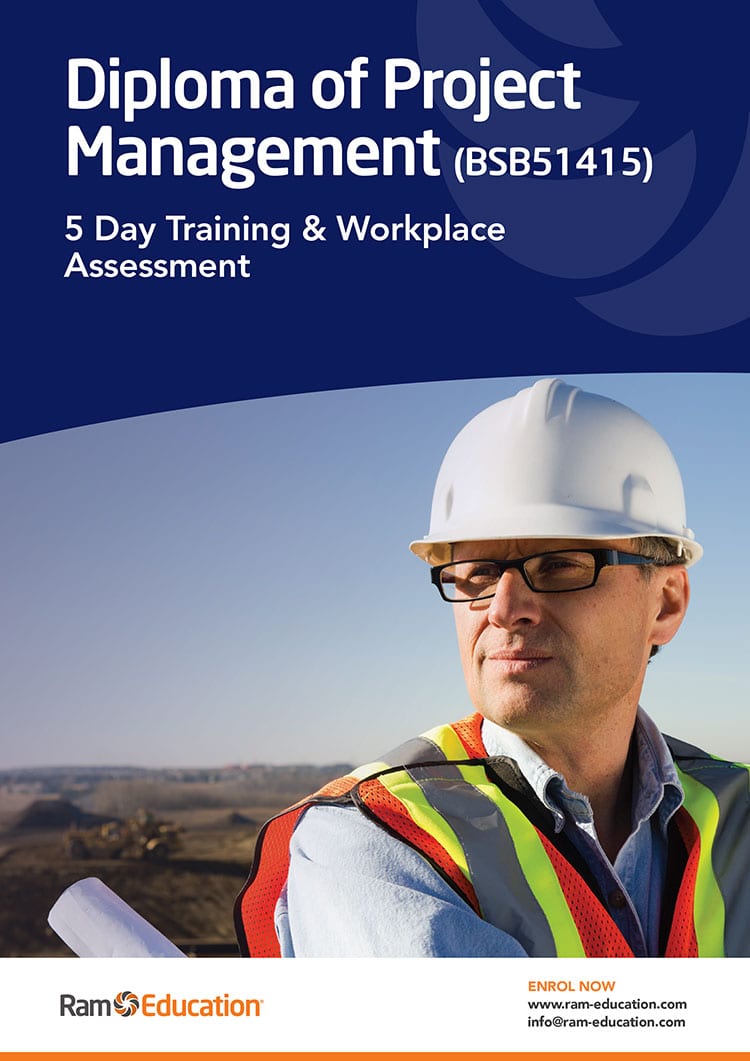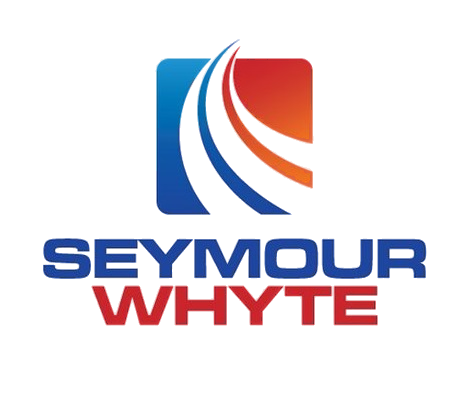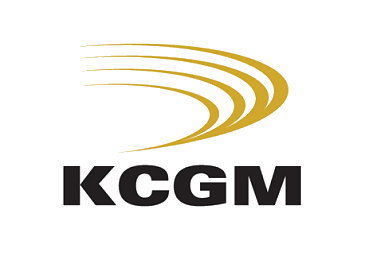An interactive 5-day training course, integrated with a competency-based Workplace Assessment by our partner RTO, which will demonstrate to everyone that you’re at the top of your game.
Recommended for those seeking an industry recognised Project Management Qualification.
Receive industry recognised training
All topics map to the assessment criteria for obtaining a Diploma of Project Management (BSB50820), as well as the management processes outlined in the Global Standard PMBOK® Guide.
Contact hours/PDUs: 40
What will I learn?
Through interactive discussions, construction case studies and a diagram-rich workbook, our experienced trainers with help you learn:
Get tips and tricks on:
How to set your projects up for success
How to initiate construction projects
How construction project life cycles work
How to manage scope
How to engage stakeholders
How to manage the schedule
How to manage costs
How to manage risk
How to manage procurement
How to ensure good governance
How to control construction projects
How to manage quality
How to manage communications
How to lead and manage human resources
How to close-out construction projects
- Measuring project success
- Defining projects in the context of risk
- Defining the role of the project manager
- Applying the PMBOK® framework
- Juggling constraints and trade-offs
- Optimising productivity
- Reconciling contractual obligations to “reality”
- Managing scope creep
- Being more assertive
- Motivating your teams
- Communicating bad news
- Getting projects back-on-track
- How to get your Diploma
- Formalising a project charter
- Developing a hand-over checklist
- Engaging the right people from the start
- Clarifying the contract scope
- Identifying key commercial risks
- Prioritising long lead-time items
- Developing a project lifecycle
- Initiating processes
- Planning processes
- Executing processes
- Monitoring and controlling processes
- Closing processes
- Developing a scope management plan
- Collecting requirements and traceability
- Defining the scope
- Creating the WBS and baselining the scope
- Managing variations
- Gaining acceptance and completion
- Developing a stakeholder management plan
- Identifying stakeholders and their needs
- Analysing stakeholders
- Developing a project organisation structure
- Developing engagement strategies
- Maintaining stakeholder engagement
- Developing a schedule management plan
- Defining and sequencing activities
- Estimating durations and PERT
- Determining the critical path and float
- Building and baselining the schedule
- Managing EOTs and utilising float
- Developing a cost management plan
- Estimating costs accurately
- Baselining the cost using s-curves
- Recognising revenue and margin
- Using earned value to control costs
- Tracking WIP and forecasting costs
- Developing a risk management plan
- Identifying and prioritising risks
- Quantifying risks
- Developing a contingency budget
- Determining and implementing risk controls
- Monitoring risks continually
- Developing a procurement management plan
- Identifying contractors and suppliers
- Managing the tendering process
- Selecting sellers and negotiating the contract
- Expediting and materials management
- Administrating the contract
- Understanding management plans
- Setting up a project board structure
- Integrating the management processes
- Managing change control
- Managing project knowledge
- Capturing and sharing lessons learnt
- Developing a start-up checklist
- Tracking productivity metrics
- Driving the management processes
- Utilising daily, weekly, and monthly check lists
- Being proactive rather than reactive
- Reporting progress and forecasting
- Developing a quality management plan
- Defining standards and specifications
- Managing NCRs and quality assurance
- Getting things right the first time
- Managing ITPs and quality control
- Driving continuous improvement
- Developing a communications management plan
- Choosing appropriate forms of communication
- Managing meetings and documents
- Using active listening techniques
- Developing assertiveness skills
- Having difficult conversations
- Developing a HR management plan
- Allocating roles and responsibilities
- Managing team competencies
- Building and maintaining team performance
- Providing praise and criticism
- Coaching and mentoring your team
- Developing a close-out checklist
- Preventing cost leakage during the DLP
- Maintaining momentum during close-out
- Closing out the final report and lessons learned
- Processing the final payment claim
- Celebrating success!
About your trainer, Robin Millner
Robin learnt project management the hard way. Starting out "in the trenches" as a Project Engineer, then working his way up to Project Director on some of the largest and toughest projects around.
His hands-on experience, in everything from modest projects to major initiatives worth hundreds of millions of dollars, underpins his practical, no-nonsense approach.
As an educator, Robin has a talent for explaining complex subjects in a simple way. This, combined with a Bachelor of Engineering degree and significant industry experience, sets him apart from other trainers.
He has designed content and personally trained over 2,500 project professionals from organisations across Australia, Asia, Africa and the Middle East. Robin also holds a Certificate IV in Training and Assessment.
Having worked on both the contractor and client side of the fence, Robin is well placed to provide his students with unique perspectives from both points of view.
Qualifications:
- Bachelor of Engineering, graduating with Honours (UNSW)
- Certificate IV in Training and Assessment (AIM)
- Project Management Professional (PMP, PMI)
- Diploma of Project Management (GILD)
- Certified Practicing Project Practitioner (CPPP RegPM, AIPM)
- Practitioner in Programme Management (MSP, Axelos)
- Practitioner in Agile Project Management (AgilePM, APMG)

How do I get my qualification?
The Diploma of Project Management is a competency-based qualification issued under the Australian Qualification Framework (AQF) policy
Competency-based means that you must provide evidence to prove you are actually contributing to the management of your projects as per best practice standards. For example, to be assessed as “competent” in applying risk management techniques, you may submit an email showing that you identified a risk on one of your projects.
Employers prefer to hire people who can demonstrate they have real-world experience. A competency-based qualification, such as a Diploma of Project Management, proves that you have this experience.
For many employers, competency-based qualifications carry more weight than qualifications which only require you to pass an academic exam. This is because passing an exam may not demonstrate your true competency in the field.
Step 1: Ensure you meet the prerequisites (see below)
Step 2: Enrol yourself in the Ram Education 5-day Diploma of Project Management course
Step 3: Attend the course
Step 4: Work with an assessor to validate your role and create your portfolio of evidence
Step 5: When your evidence matches the assessment criteria, obtain your qualification - success!
Ram Education will manage these steps, from start to finish, in order to give you a smooth and seamless experience.
You MUST meet all of the following prerequisites:
- Have at least 2 years’ experience in the workforce
- Have recent experience, ideally within the past 2 years, managing projects
- Be committed to obtaining a formal qualification, and recognise there will be a significant investment of your time to create a portfolio of evidence
In your projects, you should be responsible for managing:
- Scope eg: managing requirements, deliverables and work
- Time eg: managing the schedule
- Quality eg: ensuring deliverables are fit for purpose and managing continuous improvement
- Cost eg: managing budgets, actuals and forecasts
- Human resources eg: managing a project team and dealing with performance issues
- Communications eg: managing meetings, emails, lessons learned and reporting
- Risk eg: identifying, prioritising and managing risk response strategies
- Procurement eg: procuring goods or services from outside your organisation
- Stakeholders eg: identifying, analysing and managing stakeholder engagement strategies
- Governance eg: developing and following project “management” plans
- Integration eg: managing project life cycles and the interdependence of multiple constraints
Meeting the above prerequisites means that you are eligible to obtain your Diploma through a process called Recognition of Prior Learning (RPL).
Recognition of Prior Learning enables you to use your real-world projects to create your portfolio of evidence. This can make the process of obtaining your Diploma much faster and also ensures that the qualification is 100% relevant to your work.
If you’re involved in construction projects, you may be surprised that you are doing more of this stuff than you think! Our experience shows that candidates who are genuinely managing projects are typically able to meet the prerequisites.
Attending the Ram Education Diploma of Project Management course will ensure you have the required knowledge for each unit of competency (see below). In addition, our experienced trainers and assessors will help you map your knowledge to applications in your real-world projects, making it easier to create your portfolio of evidence.
In working with you, we’ll quickly get a feeling for whether you have what it takes to obtain a Diploma of Project Management. We can then advise you on the best way forward. For example, you may consider a Certificate IV qualification instead, or create your portfolio of evidence once you have more experience.
- Manage project scope (BSBPMG511)
- Manage project time (BSBPMG512)
- Manage project quality (BSBPMG513)
- Manage project cost (BSBPMG514)
- Manage project human resources (BSBPMG515)
- Manage project information and communication (BSBPMG516)
- Manage project risk (BSBPMG517)
- Manage project procurement (BSBPMG518)*
- Manage project stakeholder engagement (BSBPMG519)*
- Manage project governance (BSBPMG520)*
- Manage project integration (BSBPMG521)
- Lead and manage team effectiveness (BSBWOR502)*
* Elective subjects, which may be selected based on your experience
If you already have a Statement of Attainment (or transcript) for a subject in this qualification, and we assess it as being relevant, you’ll be able to obtain a credit.
You’ll need to gather evidence from your real-world projects to demonstrate that you’re actually managing them. This evidence may include documents, spreadsheets, emails, screen shots or even photos that are linked to a detailed set of criteria associated with the units of competency (see above).
For example, updating your project schedule may link to criteria associated with “Manage project time (BSBPMG512)” as well as “Manage project risk (BSBPMG517)”. You’ll also need to demonstrate your involvement in these management processes by having a conversation with your assessor.
During the course, we’ll give you tips and tricks to help you get started, and make the process much easier.
It’s not the end of the world, our job is to support you through this process. For example, you may be missing a piece of evidence, like you don’t have a risk register, meaning that you may need to create a risk register for one of your projects.
Note that creating evidence is a normal part of obtaining your qualification – nothing to be ashamed about! It’s also a great way to learn, as it helps you apply best practice methods to your real-world projects, which will help you further hone your project management skills.
This varies wildly with each individual. It depends on your depth of experience, how organised you are, and how much time you have available to create your portfolio of evidence - on top of your other commitments in life!
To give you a rough idea, most candidates are able to obtain their qualification within 3 to 6 months of completing the course, spending somewhere between 16 to 40 hours of effort.
Yes. Ram Education partners with a RTO who has experience in assessing project management qualifications.
Your assessor is only interested in information which proves your competency. We recommend you include only information that is relevant to the assessment criteria, and hide or strike out any commercially sensitive information. For example, if only 2 pages of a document are relevant to your assessment criteria, you don’t need to submit the entire document. Our assessors are also able to sign confidentiality agreements.
The most common risk we observe is candidates losing momentum while creating their portfolio of evidence, leading to delays in obtaining their qualification.
It is important that you meet the prerequisites (see above) and manage your qualification just like you would a project. This is also where the traits of a good project manager come into play, like committing to a goal, showing resilience in the face of everyday setbacks, and asking for help when you need it.
It’s not only up to you though. Ram Education use trainers and assessors who are experienced project managers carrying, as a minimum, Diploma of Project Management qualifications. This means that we understand the challenge you are going through, and are in a position to guide and support you throughout the process.
Contact us.
About Ram Education
Ram Education is a group of construction project management veterans with a passion for helping you get your projects to the finish line on time, without tearing your hair out or blowing your budget.
Since 2002, we've provided project management training to the construction industry in organisations large and small, throughout Australia, and around the world.
Ram Education brings a practical, no-nonsense approach. Our trainers have experience in the real-world of construction projects and are qualified Engineers.
What makes us different
Courses for every level

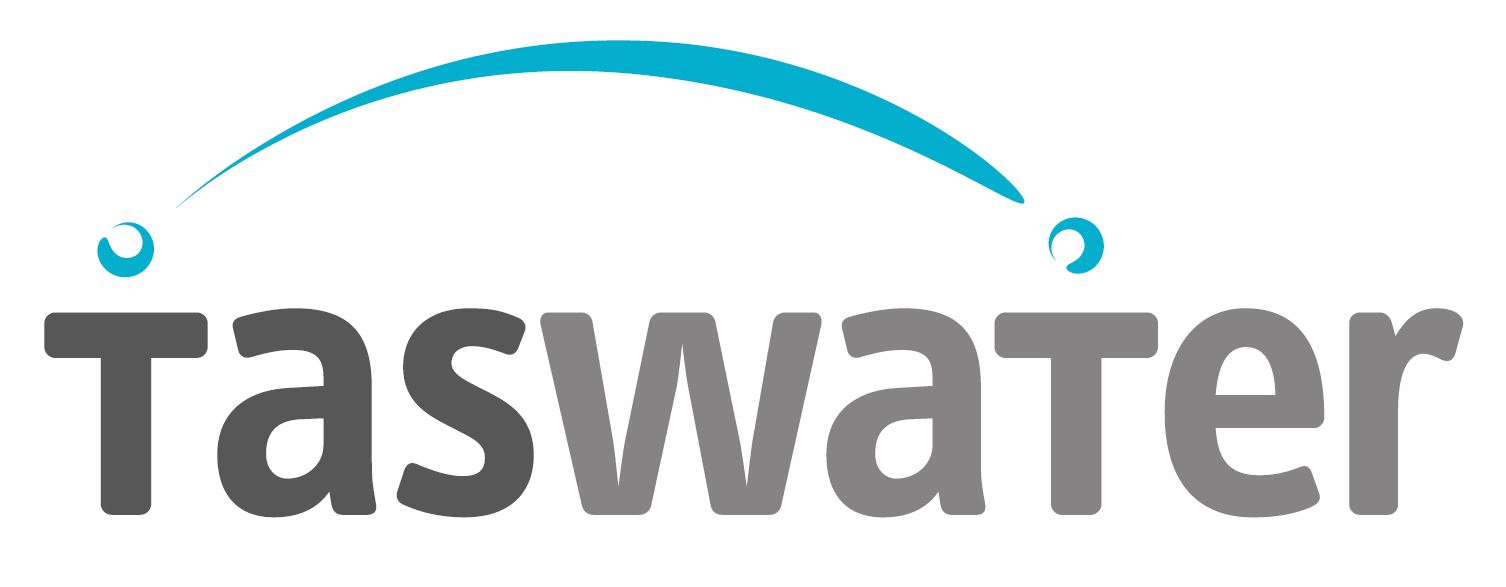
taswater

bhp

agl
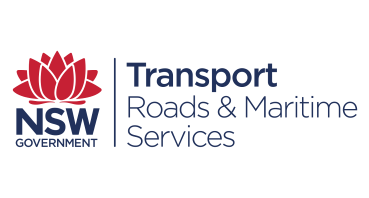
transport for nsw
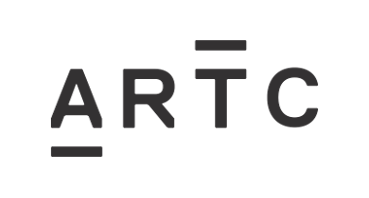
artc

city of whitehorse

rockwell automation

wsp
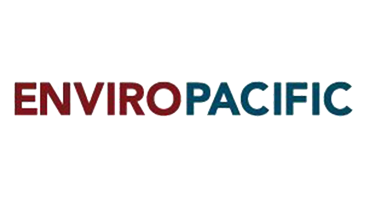
enviro pacific

hunterwater

aurizon

austral precast

oil search

snc
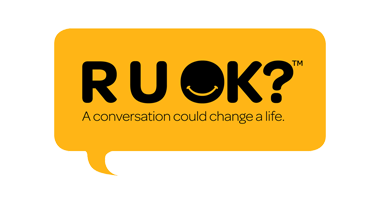
r u ok
